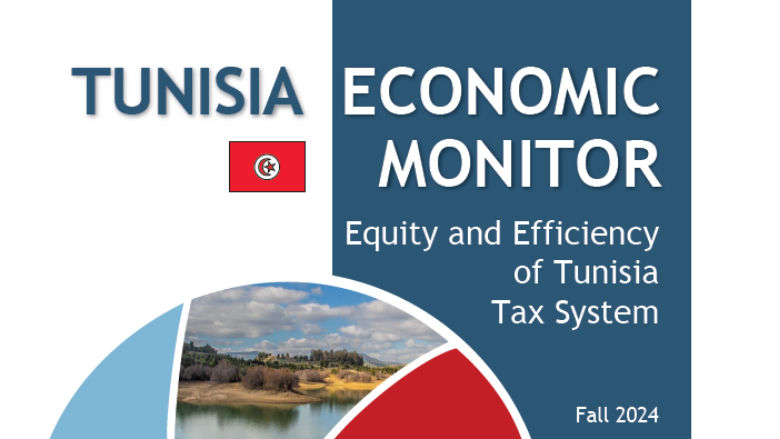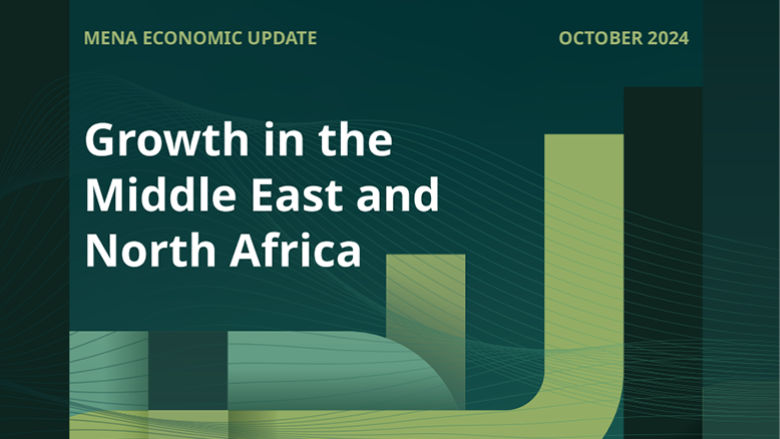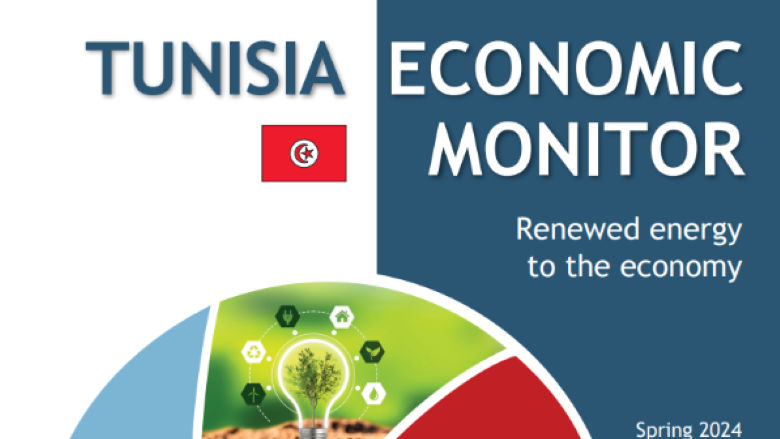The Tunisian government is prioritizing mitigating the impacts of climate change, in particular the energy transition and the water question, alongside with fostering human development and achieving a stronger, more sustainable economy.
Tunisia's economic performance slowed down after 2011, which was exacerbated by the COVID-19 pandemic in 2020. Gross domestic product (GDP) growth thus fell to 1.7 percent on average between 2011 and 2019, down from 3.5 percent between 2000 and 2011. The sharp drop in productivity growth can be attributed to overly stringent economic regulations, a decrease in trade orientation, and limited investment and innovation.
The COVID-19 pandemic, the war in Ukraine, and the recent intensification of the drought have exacerbated socio-economic vulnerabilities, slowing down economic growth. Tunisia's gross domestic product (GDP) declined by 1.5 percent in real terms between 2019 and 2023. The slow recovery has been hindered by the severe drought that hit Tunisia in 2023, resulting in zero economic growth in real terms, compared to a growth rate of 2.4 percent in 2022.The increased tourism receipts and remittances from Tunisians living abroad, as well as lower trade deficit moderated the current account deficit in 2023, easing external financing pressure.
Inflation has moderated since February 2023 (10.4 percent) to 6.7 percent in August 2024 due to lower global prices and weak domestic demand. Yet, inflation is still higher than in previous years, particularly for food (8.5 percent), as the drought and the reduction in imports have reduced the supply in domestic food markets.
Last Updated: Sep 20, 2024






